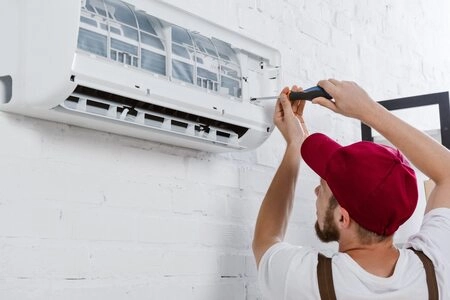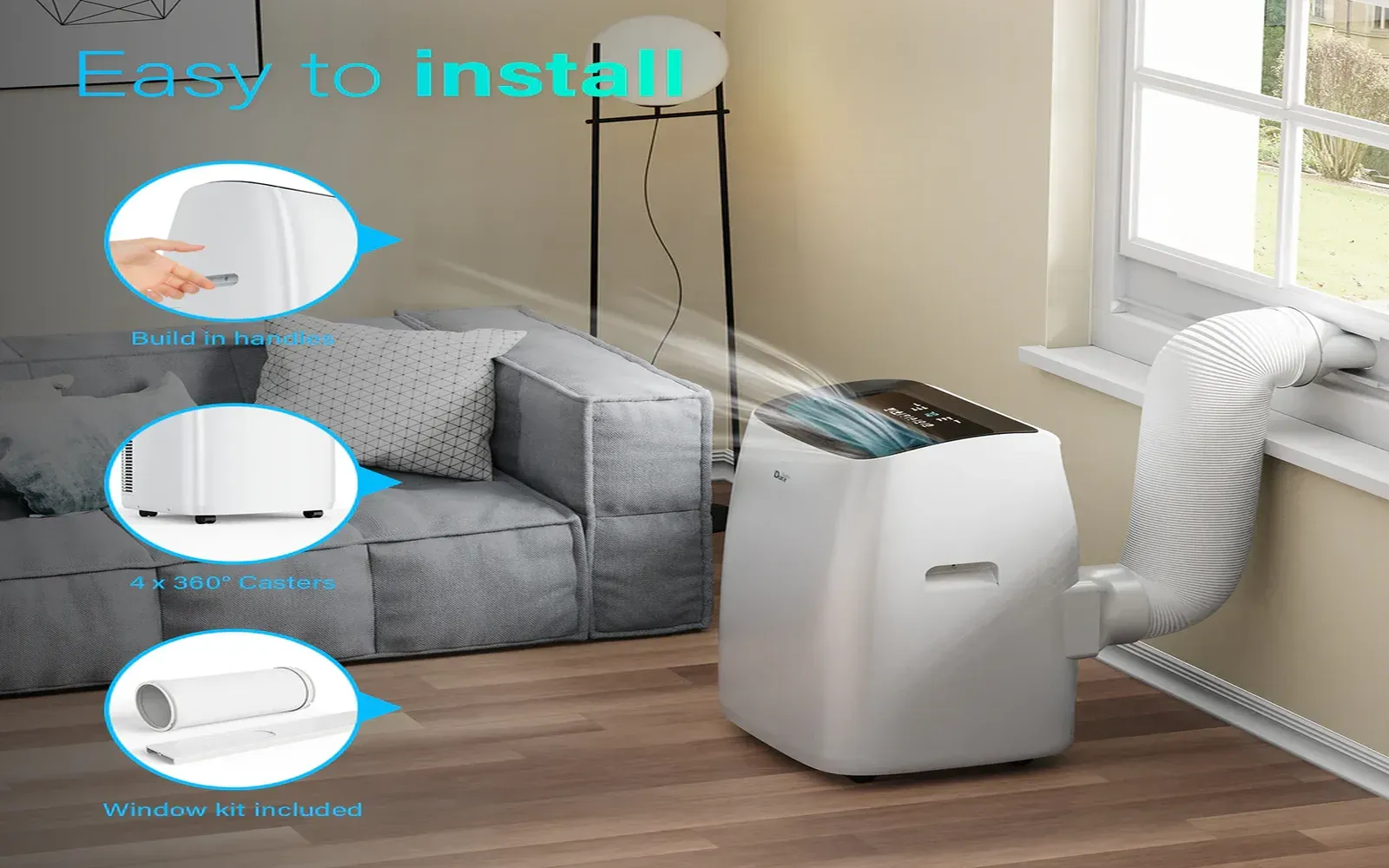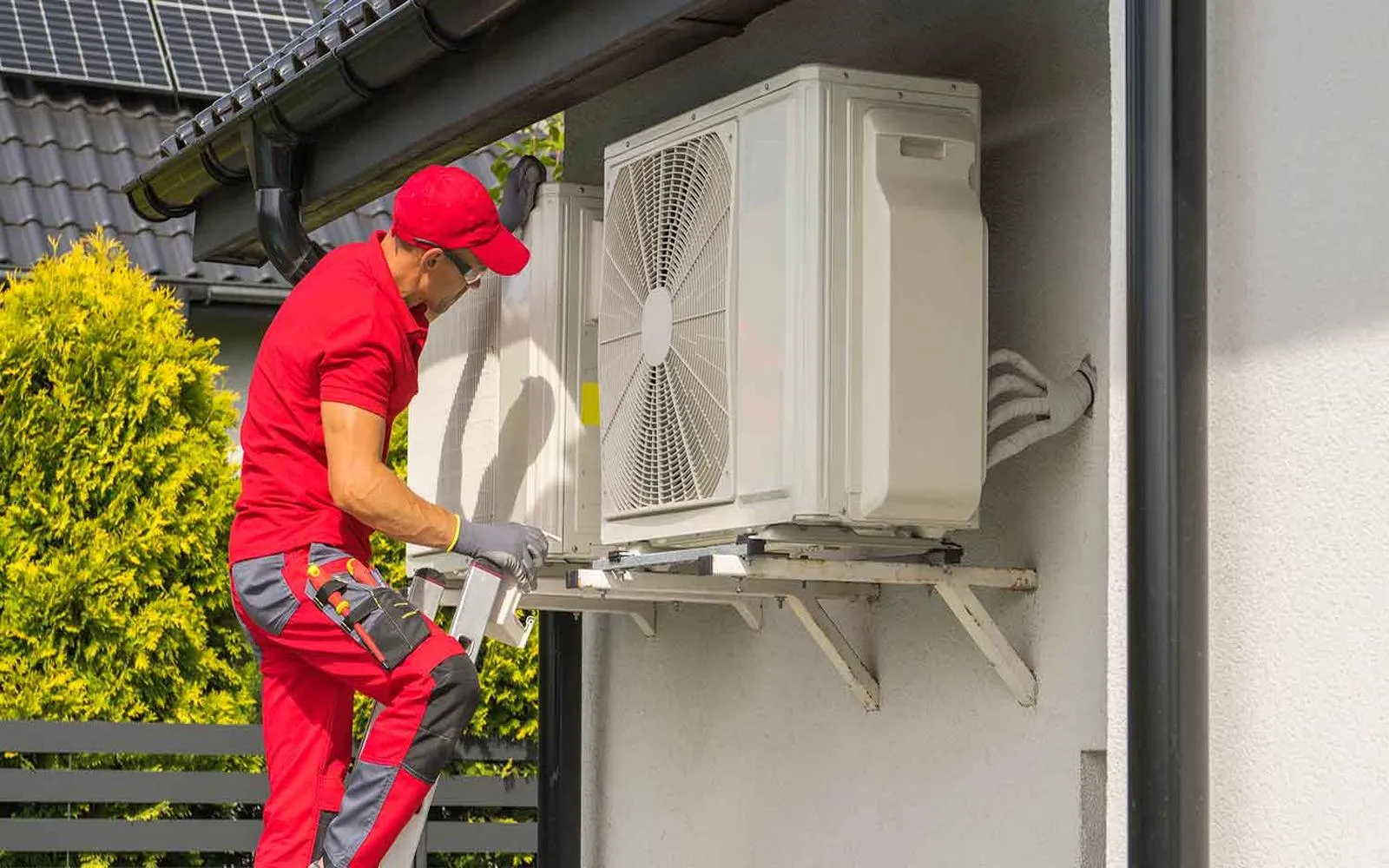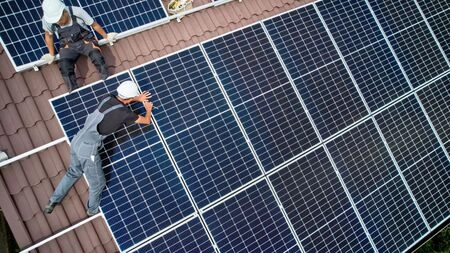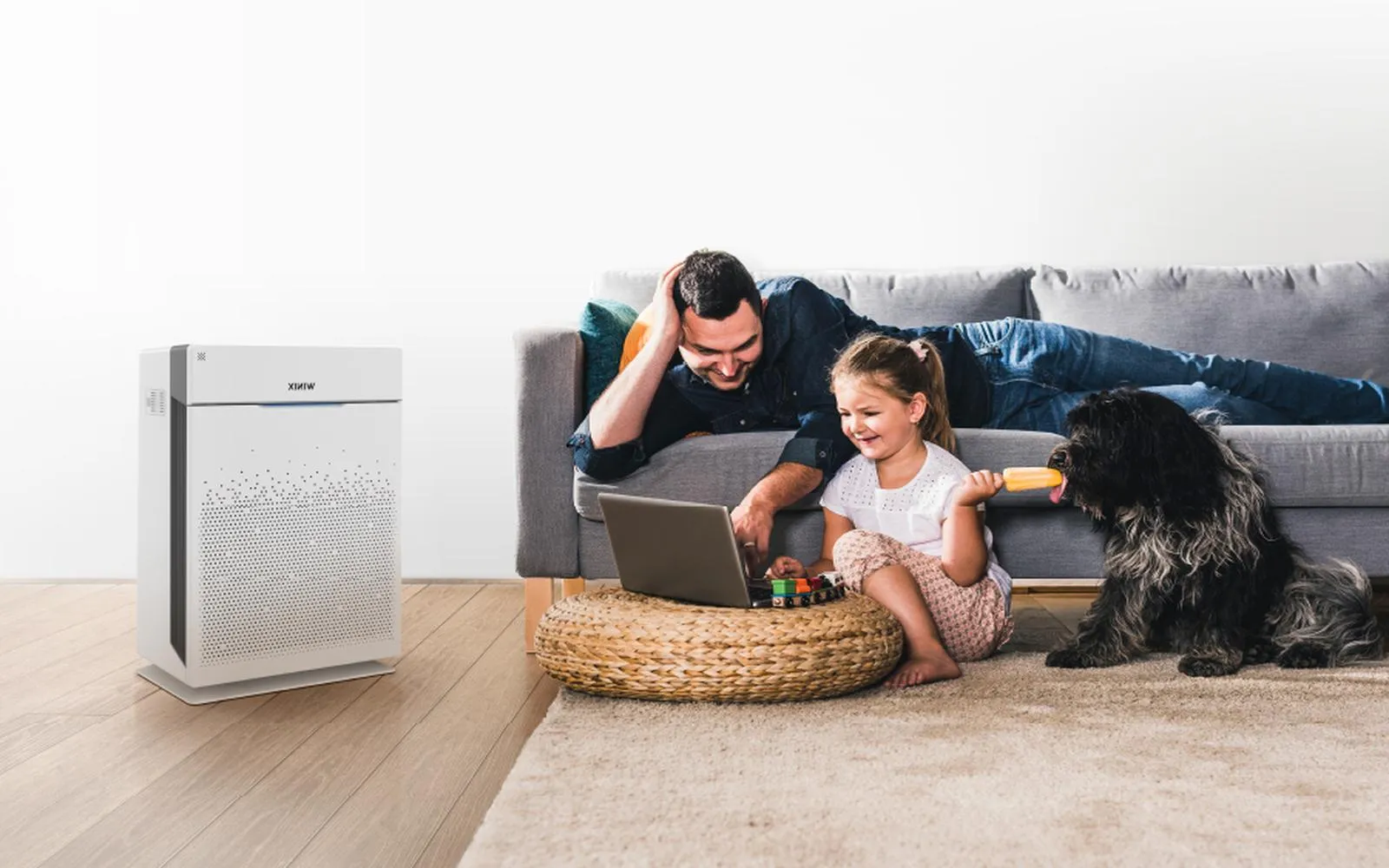Understanding Eco Air Conditioning
As the world grapples with climate change and rising temperatures, the demand for cooling solutions has surged. Traditional air conditioning systems often contribute significantly to greenhouse gas emissions and energy consumption. This is where eco air conditioning comes into play. Eco air conditioning systems not only provide effective cooling but also minimize environmental impact.
Benefits of Eco Air Conditioning
Investing in sustainable air conditioning systems comes with numerous benefits. Here are some key advantages:
- Energy Efficiency: Eco air conditioning units utilize advanced technology to consume less energy, leading to lower utility bills and reduced carbon footprint.
- Reduced Emissions: Many eco-friendly systems use refrigerants that have a lower global warming potential, thereby significantly reducing harmful emissions.
- Improved Indoor Air Quality: Sustainable air conditioning systems often incorporate air purifying filters, enhancing indoor air quality and promoting better health.
- Long-Term Savings: Although the initial investment may be higher, the long-term savings on energy bills and maintenance costs make eco air conditioning a wise choice.
Types of Eco Air Conditioning Systems
There are several types of eco air conditioning systems available in the market today. Each offers unique benefits and features that cater to different needs:
1. Ductless Mini-Split Systems
Ductless mini-split systems are highly efficient and allow for targeted cooling in specific rooms. They consist of an indoor unit and an outdoor compressor, eliminating the need for ductwork. This design not only saves energy but also offers flexibility in installation. Many ductless systems are equipped with inverter technology, which adjusts the compressor speed based on the cooling demand, leading to significant energy savings.
2. Geothermal Heat Pumps
Geothermal heat pumps utilize the stable temperature of the ground to provide cooling and heating. These systems are incredibly efficient and can reduce energy consumption by up to 70%. By transferring heat to and from the ground, geothermal systems minimize reliance on fossil fuels and lower greenhouse gas emissions.
3. Solar-Powered Air Conditioning
Solar-powered air conditioning systems harness solar energy to operate. These systems can significantly reduce electricity costs and reliance on non-renewable energy sources. By using solar panels, homeowners can create a sustainable cooling solution that is both eco-friendly and cost-effective in the long run.
4. Evaporative Coolers
Evaporative coolers, also known as swamp coolers, use water to cool the air. They work best in dry climates and consume significantly less energy than traditional air conditioning systems. By utilizing the natural process of evaporation, these systems are an excellent eco-friendly option for cooling spaces sustainably.
Chart: Comparison of Eco Air Conditioning Options
| Type of System | Energy Efficiency | Installation Cost | Maintenance | Environmental Impact |
|---|---|---|---|---|
| Ductless Mini-Split | High | Moderate | Low | Low |
| Geothermal Heat Pump | Very High | High | Moderate | Very Low |
| Solar-Powered A/C | High | High | Low | Very Low |
| Evaporative Cooler | High | Low | Low | Low |
Choosing the Right Eco Air Conditioning System
When selecting an eco air conditioning system, consider the following factors:
- Climate: Different systems perform better in specific climates. For instance, evaporative coolers are ideal for dry areas, while geothermal systems work well in various climates.
- Energy Efficiency Ratings: Look for systems with high Seasonal Energy Efficiency Ratio (SEER) ratings, which indicate greater energy efficiency.
- Installation Space: Consider the space available for installation. Ductless systems offer flexibility in installation, while geothermal systems require more space for ground loops.
- Budget: Evaluate your budget for both installation and long-term operational costs. Some systems may have higher upfront costs but save more over time.
Conclusion
As the need for sustainable living practices grows, eco air conditioning systems offer a viable solution for environmentally-conscious cooling. With various options available, homeowners can choose systems that align with their needs and values while also contributing to a healthier planet. Investing in sustainable air conditioning not only benefits your finances but also plays a crucial role in reducing environmental impact.

